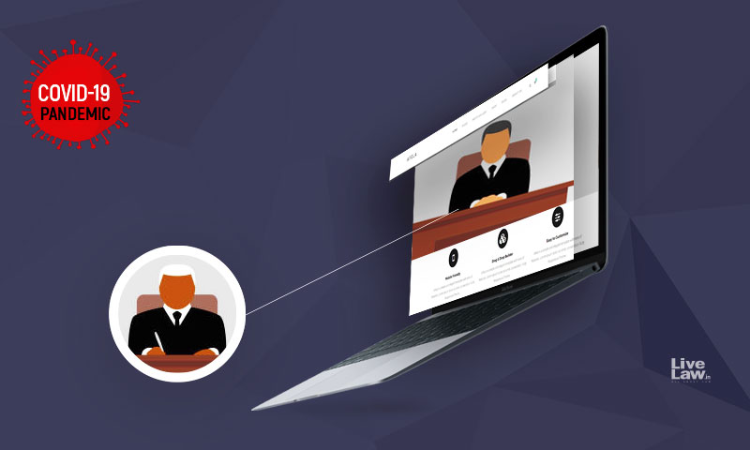Plea Seeking Protection of Privileged Attorney-Client Communication Taking Place Virtually On Third Party Apps, Delhi HC Asks The Concerned Authority To Consider The Plea As Representation
Karan Tripathi
20 July 2020 11:26 AM IST

Next Story
20 July 2020 11:26 AM IST
